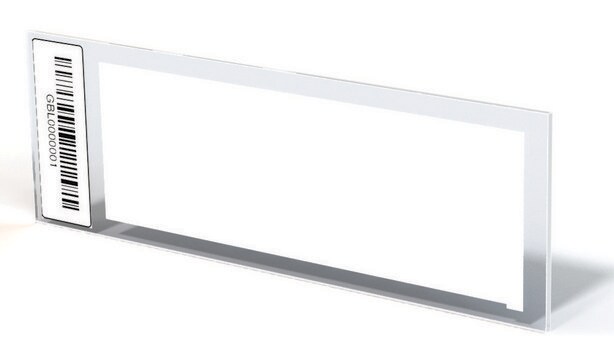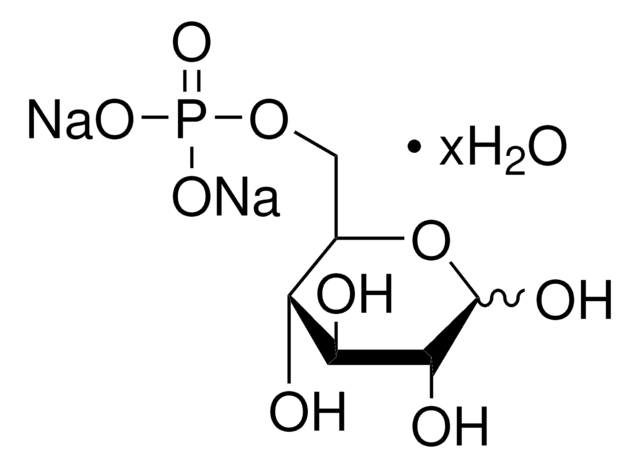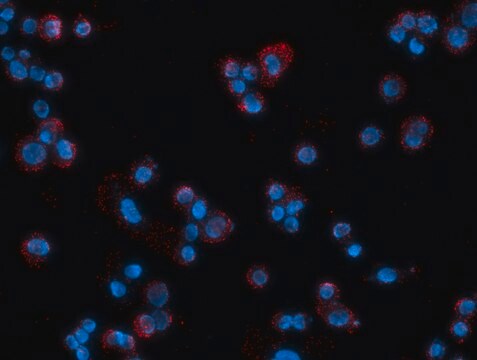GLYCOPRO
Glycoprotein Detection Kit
Sufficient for 10 mini-gels (10 × 10 cm) or 5 gels or membranes (16.5 × 19 cm)
About This Item
Recommended Products
usage
kit sufficient for 10 mini-gels (10 × 10 cm)
kit sufficient for 5 gels or membranes (16.5 × 19 cm)
carbohydrate detection limit measuring range
25-100 ng/band
storage temp.
2-8°C
Application
related product
Signal Word
Danger
Hazard Statements
Precautionary Statements
Hazard Classifications
Acute Tox. 3 Dermal - Acute Tox. 3 Inhalation - Acute Tox. 3 Oral - Aquatic Acute 1 - Aquatic Chronic 1 - Carc. 1B - Eye Dam. 1 - Met. Corr. 1 - Ox. Liq. 1 - Resp. Sens. 1 - Skin Corr. 1A - STOT RE 1 Oral - STOT SE 1
Target Organs
Eyes,Central nervous system, Thyroid
Supplementary Hazards
Storage Class Code
5.1A - Strongly oxidizing hazardous materials
Flash Point(F)
Not applicable
Flash Point(C)
Not applicable
Certificates of Analysis (COA)
Search for Certificates of Analysis (COA) by entering the products Lot/Batch Number. Lot and Batch Numbers can be found on a product’s label following the words ‘Lot’ or ‘Batch’.
Already Own This Product?
Find documentation for the products that you have recently purchased in the Document Library.
Articles
To meet the great diversity of protein analysis needs, Sigma offers a wide selection of protein visualization (staining) reagents. EZBlue™ and ProteoSilver™, designed specifically for proteomics, also perform impressively in traditional PAGE formats.
Our team of scientists has experience in all areas of research including Life Science, Material Science, Chemical Synthesis, Chromatography, Analytical and many others.
Contact Technical Service












